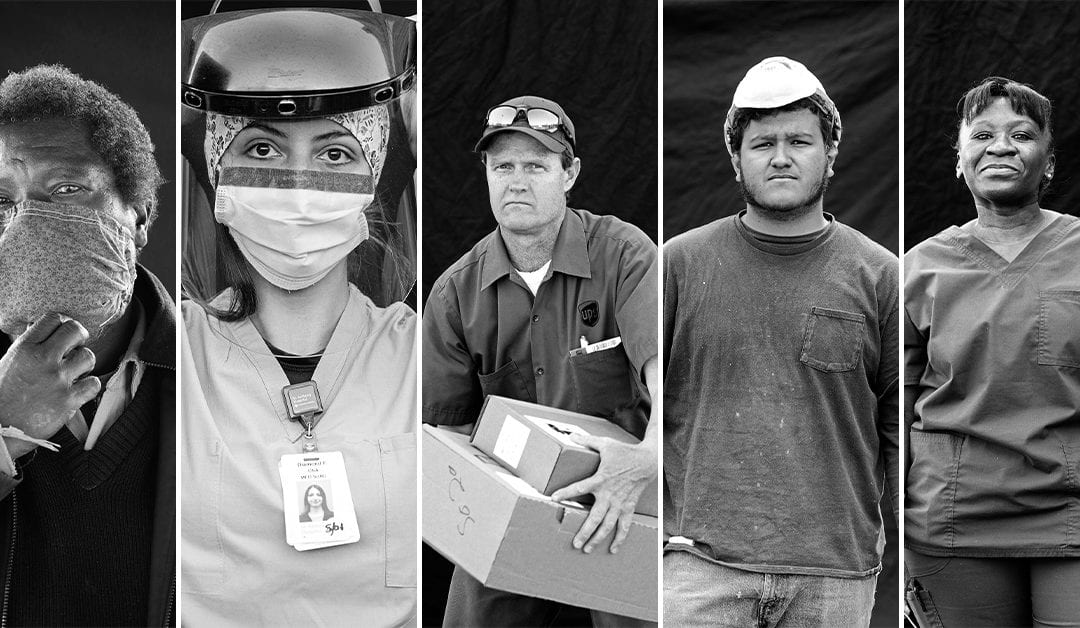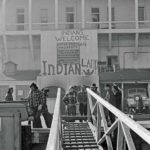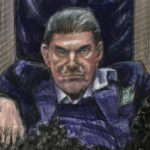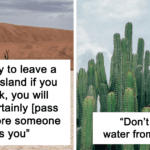I am an editorial and commercial photographer and in one week in March, all of my work was either postponed for months or canceled for the year. My roots are in photojournalism, and so I felt compelled to try to fill this professional void by creating a body of work to capture what we all were experiencing as the COVID-19 pandemic swept through and upended our community and economy.
Signs of gratitude for grocery store workers and delivery drivers are chalked in the streets by children, and neighbors stand on their front porches each evening at 8 to howl in support of these and other essential workers. I, however, wanted to see and document people who are not asked to participate in the national discussion about the coronavirus or pandemic policies, and yet put themselves in harm’s way to keep doing their work as doctors, nurses, caregivers, grocers, cops, builders and bus drivers.
I wanted to give them a voice, to share their stories and articulate something that maybe we didn’t know.
I asked two friends who are ER doctors if they thought this work could be done safely, and if they felt it would be worth the time sacrifice and increased risk for health care workers to be photographed. They gave positive feedback and helped craft a safety protocol that I used to minimize risk to both me and the people I photographed.
Time was tight for each portrait session and there was no reporter or assistant with me. I set up my camera on a tripod (this also assured I would not wander too close to the subjects) and equipped it with a remote. I had printed the questions on sheets of paper and would trigger the camera as I wrote down their stories.
All of the portraits were taken during lockdown for that community, beginning on April 15 and finishing on May 5.
I hope that this work will be looked back on in 50 or 100 years in the way we now look back to the Depression-era photography work created for the Farm Security Administration. Perhaps it will remind us what we collectively went through, or will be used to teach new generations what these men and women were actually thinking during this upheaval. But right now, I hope these portraits inspire you to be kind to one another. To see the woman working in the grocery store, or the bus driver or police officer, as a fellow human going through this, just like you.
— Matthew Staver
This content was originally published here.





